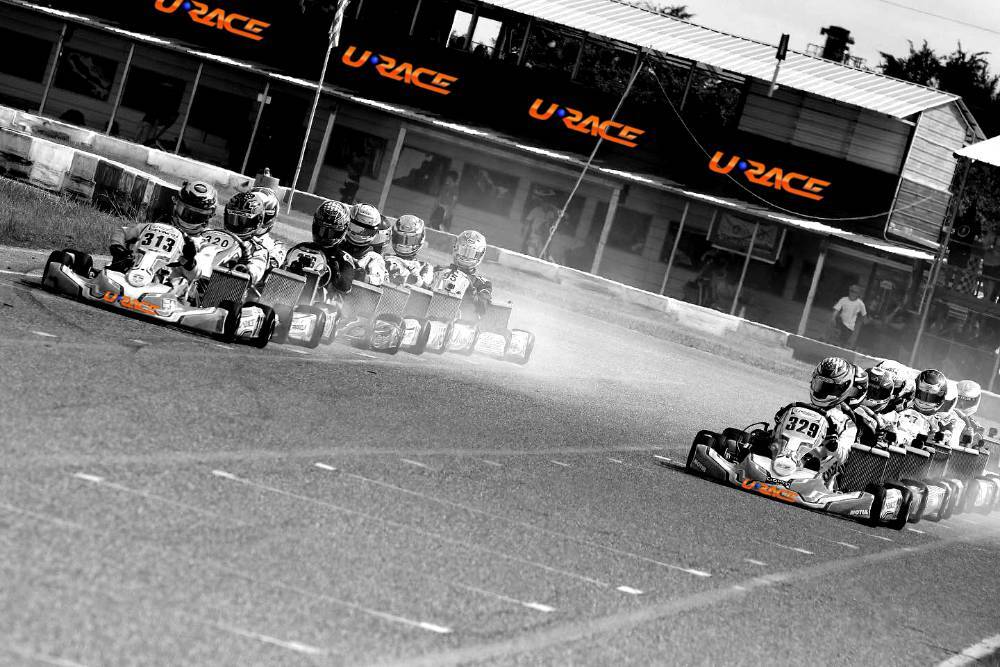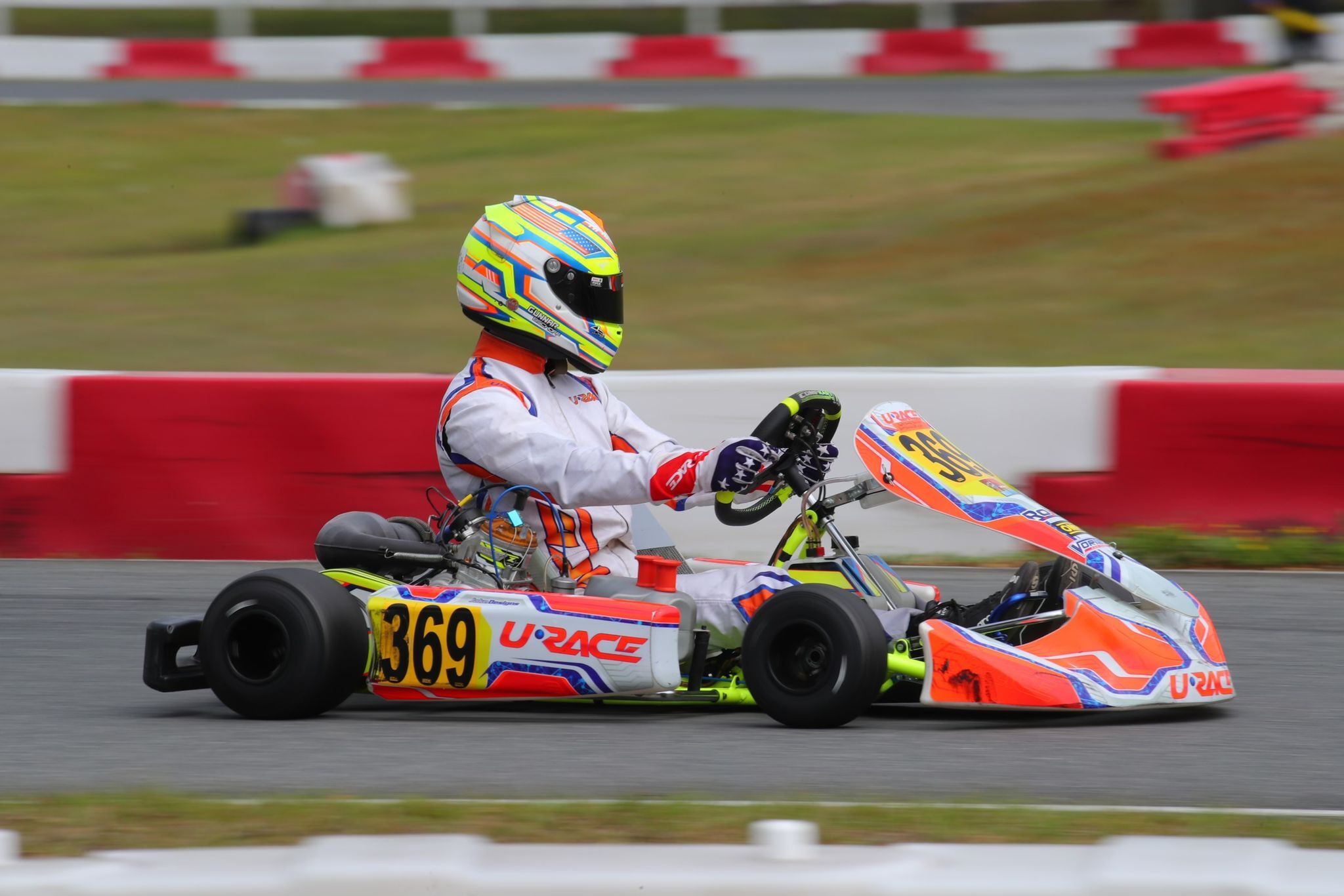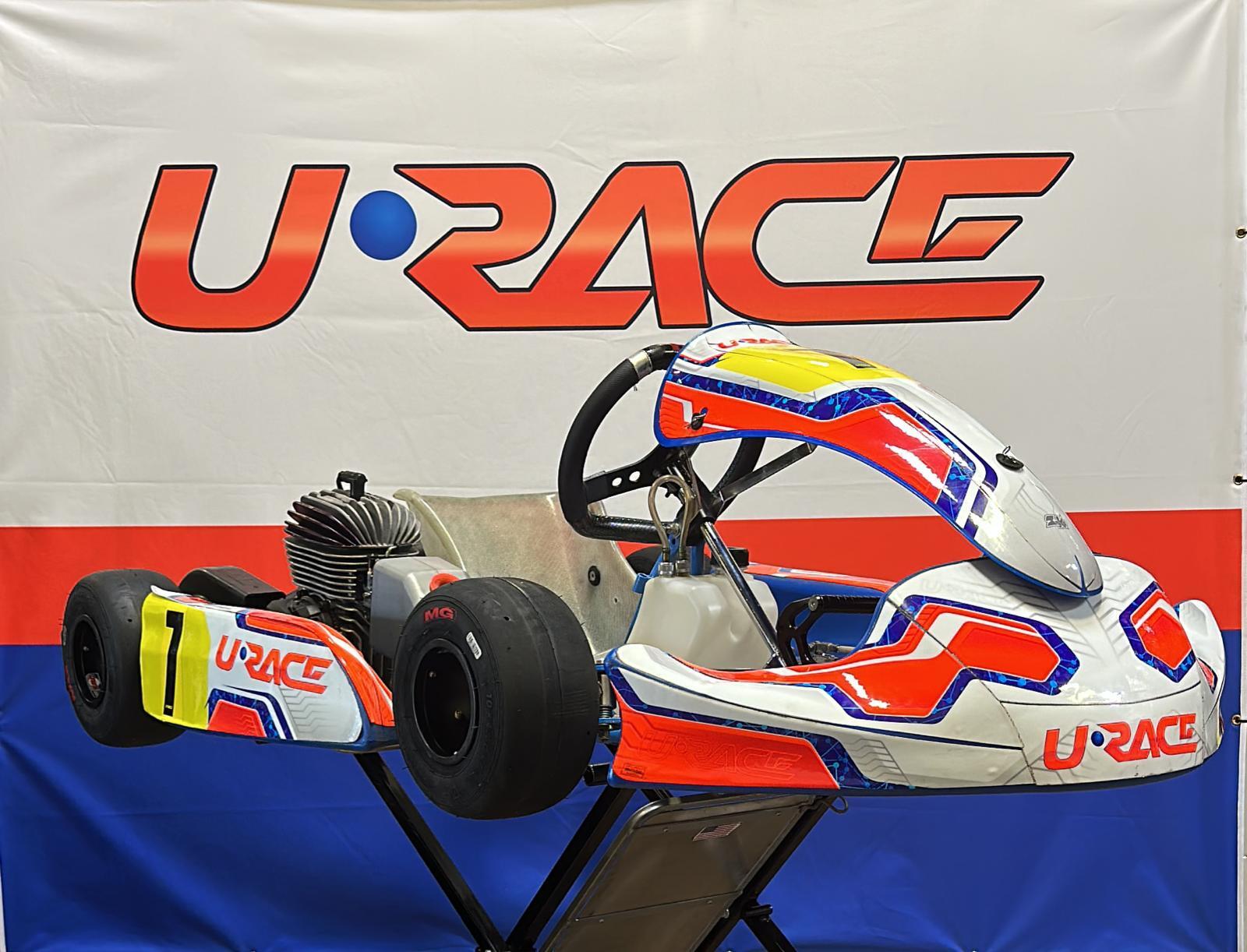Karting is often the entry point for many motorsport enthusiasts, providing a foundation for racing skills that can be honed and refined over time. However, the path to becoming a successful kart racer doesn’t just involve natural talent and a love for speed; it requires dedication, discipline, and, especially, continuous training. Regular and consistent practice is not just about getting faster laps but also about developing the skills and mindset necessary to excel in the competitive world of kart racing. In this post, we’ll explore the essential benefits of continuous karting training and why it’s indispensable for anyone serious about kart racing.
Mastering technical skills and racecraft
Continuous training is definitely the key to mastering the technical aspects of karting. Every track presents a unique set of challenges, from tight corners to long straights, and only through repeated practice can a racer learn how to navigate these with precision. Consistent karting sessions allow racers to refine their techniques, such as braking, cornering, and throttle control, ensuring that they can handle any situation on the track with confidence.
Moreover, racecraft—the strategic aspect of racing—is a skill that develops over time. It means that knowing when to overtake, how to defend your position, and how to react to competitors’ moves are crucial elements of a successful race strategy that continuous training can provide.
The opportunity to practice these scenarios repeatedly, helps the racers to develop an instinctive understanding of race dynamics. Certainly, this experience becomes invaluable during actual races, where split-second decisions can make the difference between winning and losing.
Physical conditioning and stamina
In fact, karting is physically demanding, requiring not only strength but also endurance. The forces exerted on a driver’s body during high-speed turns and prolonged sessions can be exhausting, especially in longer races. Continuous training helps build the physical conditioning necessary to withstand these challenges. No doubt, regular karting sessions strengthen core muscles, improve cardiovascular fitness, and enhance overall stamina, allowing racers to maintain peak performance throughout an entire race.
Additionally to physical conditioning, continuous training helps improve a racer’s ability to remain focused and sharp during long sessions. Mental endurance is just as important as physical endurance in karting; the ability to stay concentrated lap after lap, without letting fatigue lead to mistakes, is a skill that can only be developed through consistent practice. This mental toughness is what separates the best from the rest, particularly in competitive racing environments.
Building consistency and confidence
Another hallmark of a great kart racer is consistency. It’s not just about being fast; it’s about being fast consistently. Continuous training helps racers develop a level of consistency that is critical for success. It means that by regularly practicing on the track, racers can fine-tune their lap times, learn to hit the same braking points, and, finally, master the art of precision driving. This consistency is what leads to more predictable performance in races, reducing the chances of errors at the same time that increases the likelihood of podium finishes.
Moreover, continuous training also builds confidence. The more time spent on the track, the more familiar and comfortable a racer becomes with their kart, the track layout, and their own abilities. This confidence is essential when it comes to pushing limits and improving performance. A confident racer is more likely to take calculated risks, execute overtakes, and maintain composure under pressure. Continuous training fosters this confidence, turning potential hesitation into decisive action on the track.
Staying ahead of the competition
In the fast-paced world of kart racing, standing still is not an option. The competition is always evolving, with new drivers entering the scene and existing competitors improving their skills. Continuous training is crucial for staying ahead of the competition since it keeps racers sharp, adaptable, and always ready to take on new challenges. Regular practice allows racers to experiment with new techniques, adapt to changing conditions, and stay in top form throughout the racing season.
Furthermore, continuous training provides an edge in terms of equipment familiarity. Kart setups, tire management, and understanding the nuances of your kart’s performance are all areas where regular practice makes a difference. It is clear that being intimately familiar with your equipment ensures that you can get the most out of your kart in every race, giving you an advantage over competitors who may not have put in the same level of preparation.
Conclusion: the road to success
With these observations, you can notice that continuous karting training is not just a pathway to improvement; it’s a necessity for anyone serious about kart racing. The listed benefits are all critical components of a successful racing career.
By committing to regular training, kart racers equip themselves with the tools needed to excel, ensuring that they are always ready to compete at their best. Whether you’re aiming for the top of the podium or simply looking to improve your personal best, continuous training is the road that will get you there.If you are interested in raising your potential with the right support and quality mentoring, check out our website. Urace has the mission of providing everything you need to achieve your full potential.


